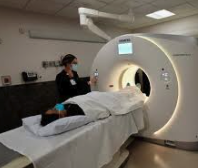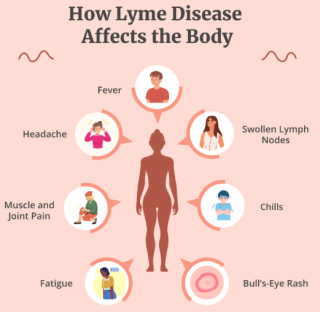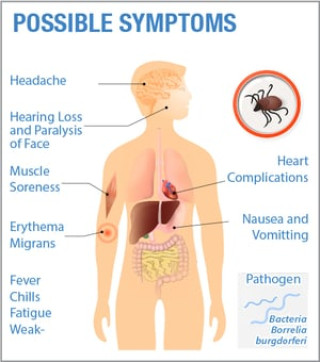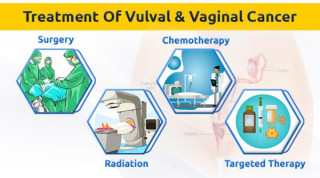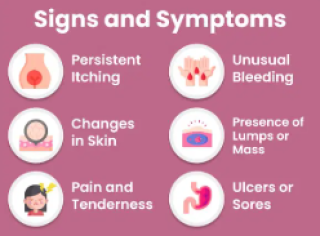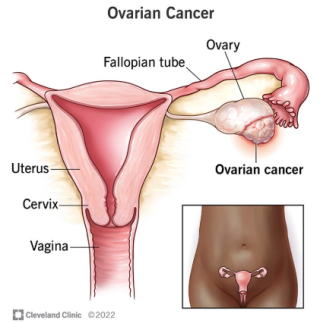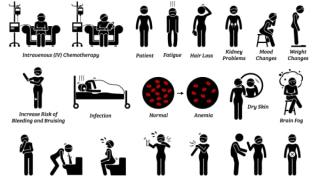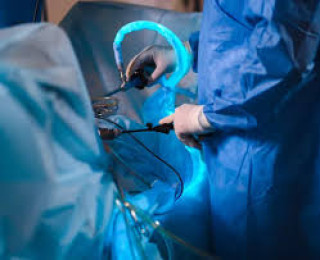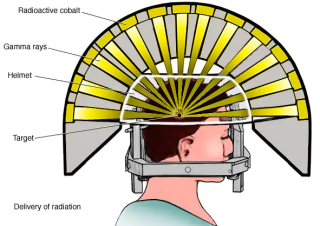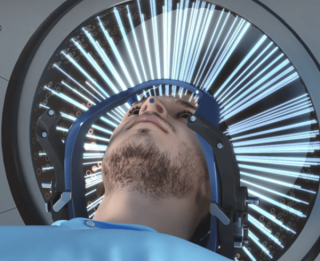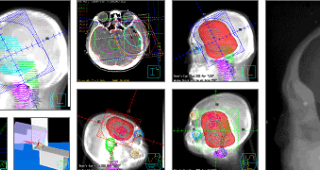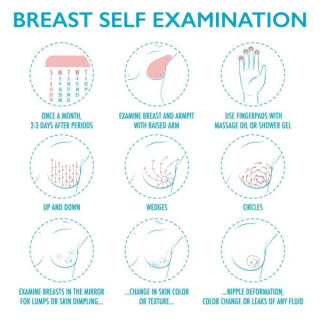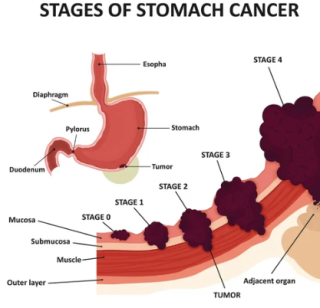Demystifying Sinusitis Diagnosis: Insights into the Processupdated at Nov 08, 2025 1,593 1,593 Clinical EvaluationThe initial step in diagnosing sinusitis revolves around a comprehensive clinical evaluation.This includes a detailed discussion of your medical history, |
Does other diseases accompany Lyme Disease?updated at Nov 08, 2025 1,758 1,758 Lyme disease can often be accompanied by other diseases or conditions. These are sometimes referred to as co-infections or opportunistic infections.Here's a breakdown:Co-infections: These are other tick-borne diseases that can be transmitted at the same ti... |
Side Effects of Vulvar Cancer Chemotherapyupdated at Nov 08, 2025 1,441 1,441 Chemotherapy for vulvar cancer can lead to a variety of side effects, |
What is Lyme Disease?created at May 06, 2009 1,441 1,441 Lyme disease is a bacterial infection transmitted to humans through the bite of infected blacklegged ticks.The bacteria responsible is Borrelia Burgdorferi (and in some areas, |
Lyme disease in Domestic Animalsupdated at Nov 08, 2025 1,374 1,374 Lyme Disease in Domestic AnimalsLyme disease, |
Recognizing Lyme Disease Symptoms in Humans: A Comprehensive Guidecreated at May 06, 2009 1,571 1,571 Lyme disease, |
Unveiling the Role of the Deer Tick in Lyme Disease Casescreated at May 06, 2009 1,481 1,481 The deer tick, |
Decoding Lyme Disease Diagnosis: Unraveling the Mysteryupdated at Nov 08, 2025 1,577 1,577 The Diagnostic Dilemma of Lyme DiseaseDiagnosing Lyme disease is notoriously complex and frustrating, |
Are there Clinical Trials available for Vulvar Cancer?updated at Nov 09, 2025 1,463 1,463 Clinical trials for vulvar cancer exist, |
Will I be able to adjust to Valva Cancer well?created at May 05, 2009 1,411 1,411 Adjusting to a vulvar cancer diagnosis and treatment is a deeply personal journey, |
Radiation Therapy Side Effects of Vulvar Cancerupdated at Nov 09, 2025 1,511 1,511 Understanding Side EffectsRadiation therapy is a common treatment for vulvar cancer, |
Side effects of Vulvar Cancer Surgeryupdated at Nov 11, 2025 1,618 1,618 Curative surgery for vulvar cancer, |
Exploring Three Vulvar Cancer Treatmentscreated at May 05, 2009 1,309 1,309 Three common treatments for vulvar cancer include surgery, |
Understanding Vulvar Cancer Diagnosis: What to Expectcreated at May 05, 2009 1,337 1,337 Vulvar cancer is diagnosed through a combination of methods, |
Vulvar Intraepithelial Neoplasia as Risk Factors for Vulvar Cancerupdated at Nov 08, 2025 1,524 1,524 Vulvar intraepithelial neoplasia (VIN) represents the abnormal growth of cells within the vulvar epithelium.It's classified as a precancerous condition, |
Tobacco as risk factors for vulvar cancercreated at May 05, 2009 1,282 1,282 While not a direct cause, |
Understanding Age as a Risk Factor for Vulvar Cancerupdated at Nov 09, 2025 1,283 1,283 Age is a critical factor in assessing the risk of developing vulvar cancer.Data consistently shows a strong relationship between age and the likelihood of a vulvar cancer diagnosis. Age and Vulvar Cancer IncidenceApproximately three-quarters of women diagn... |
Navigating Ovarian Cancer Treatment - Key Questions to Ask Your Doctorcreated at May 05, 2009 1,426 1,426 Ovarian cancer treatment depends on the stage, |
How is cancer of the cervix treated?updated at Nov 22, 2025 1,712 1,712 Cervical Cancer Treatment OptionsTreatment for cervical cancer is highly individualized, |
Navigating the Side Effects of Cancer Treatmentcreated at May 04, 2009 1,538 1,538 Cancer treatment, |
What are the Side Effects of Treatment for Colorectal Cancer?updated at Nov 08, 2025 1,499 1,499 Side effects from colorectal cancer treatment are highly variable, |
Surgery for Colorectal Cancerupdated at Nov 13, 2025 1,389 1,389 Surgery is frequently the primary and sometimes the sole treatment approach for colorectal cancer.The specific surgical procedure employed is dictated by the tumor's location and size. Partial Colectomy: The Standard ProcedureThe most common surgical inter... |
What should I ask my doctor when diagnosed with endocrine cancer?created at May 04, 2009 1,314 1,314 Diagnosing endocrine cancer involves a combination of methods, |
Precision Treatment: Understanding Stereotactic Radiosurgery for Brain Tumorscreated at May 04, 2009 1,437 1,437 Stereotactic radiosurgery (SRS) is a precise radiation therapy technique used to treat brain tumors and other lesions.It delivers a highly focused, |
Gamma Knife & Stereotactic Radiosurgerycreated at May 04, 2009 1,598 1,598 Gamma Knife and stereotactic radiosurgery are advanced, |
Exploring Chemotherapy: A Powerful Weapon Against Cancercreated at May 04, 2009 1,362 1,362 Chemotherapy, |
Understanding the Side Effects of Brain Tumor Treatmentcreated at May 04, 2009 1,473 1,473 Brain tumor treatments, |
Understanding Radiation Therapy for Brain Tumorscreated at May 04, 2009 1,485 1,485 Radiation therapy for brain tumors uses high-energy radiation to kill cancer cells and shrink tumors.This can be delivered externally through a linear accelerator (external beam radiation therapy) or internally via implanted radioactive seeds (brachytherap... |
What are the symptoms of Brain Tumors?updated at Nov 11, 2025 1,570 1,570 Brain tumor symptoms are highly variable, |
Exploring Treatment Options for Bone Cancer: A Comprehensive Guidecreated at May 03, 2009 1,567 1,567 Treatment for bone cancer depends on several factors including the type and location of the cancer, |
What is the difference between primary bone cancer and secondary bone cancer?created at May 03, 2009 1,310 1,310 Primary bone cancer originates in the bone itself, |
What should I do if I find a lump while performing a monthly breast self-exam?created at May 03, 2009 1,329 1,329 Finding a lump during a breast self-exam doesn't automatically mean it's cancerous, |
The basic information for Stomach cancercreated at May 03, 2009 1,393 1,393 Stomach cancer, |
